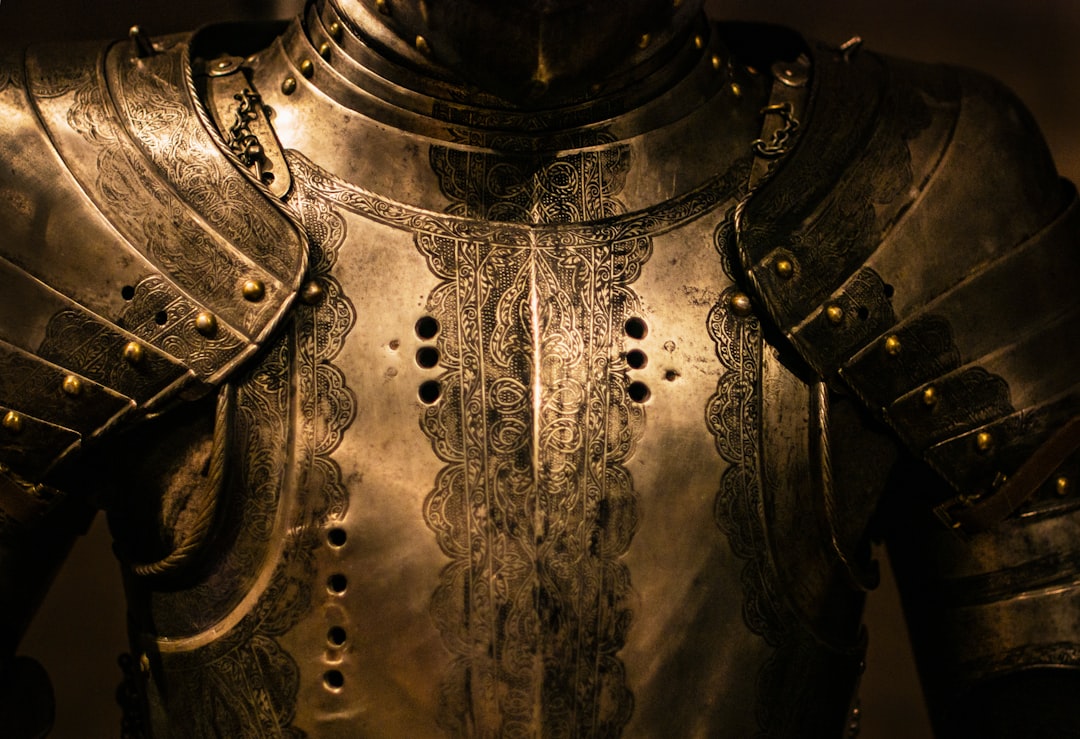The Ten Commandments of the Code of Chivalry, Pt I

Leon Gautier’s Chivalry: The Everyday Life of the Medieval Knight is a must-read for any student of the code. Winning lines seem to fly off Gautier’s pen in a hurry—gems like “Chivalry is the military form of the Christian profession: the knight is the Christian soldier” and “‘Fight, God is with you.’ Such, in a fe…
Keep reading with a 7-day free trial
Subscribe to The Chivalry Guild Letters to keep reading this post and get 7 days of free access to the full post archives.

